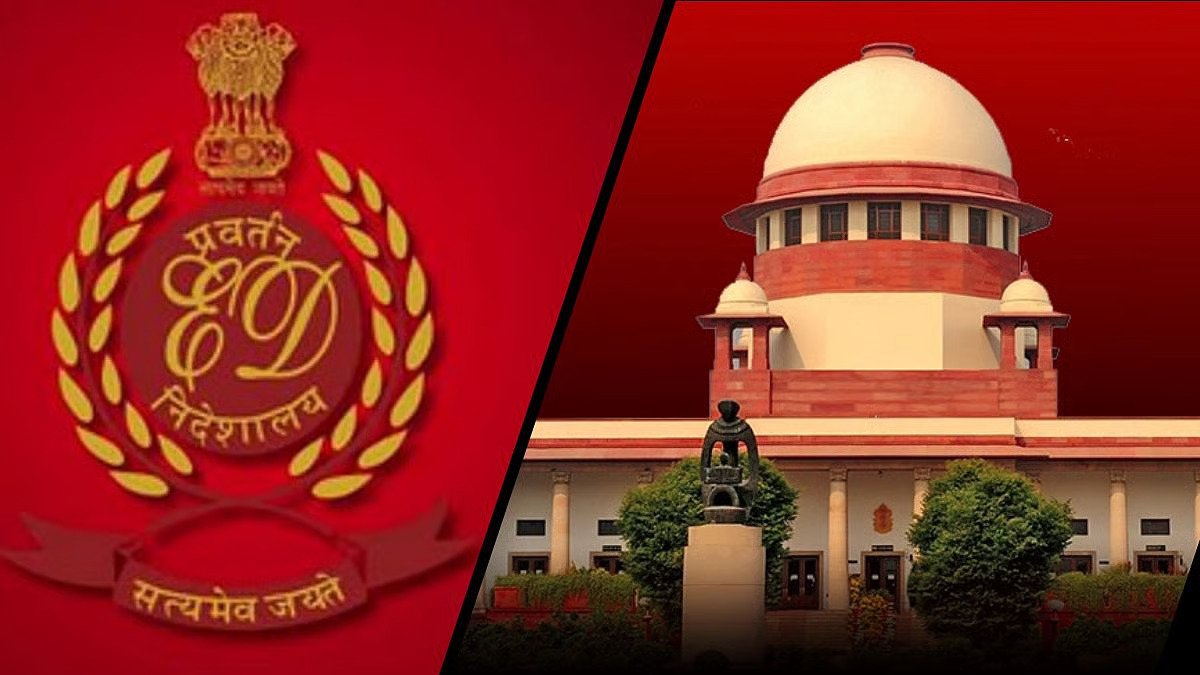In a strongly worded intervention, Supreme Court Justice Ujjal Bhuyan has raised serious concerns about the functioning of the Enforcement Directorate (ED), saying the agency “can’t act like a crook” and must operate “within the four corners of the law.” His statement came while hearing review petitions in the high-profile Vijay Madanlal Choudhary case, which challenges key aspects of PMLA proceedings.
Justice Bhuyan’s remarks focused on ED’s alarming conviction rate — below 10% — despite registering thousands of cases. “At the end of 5-6 years of judicial custody, if people are acquitted, who will pay for this?” he asked, signaling concern for the liberty of the accused and the erosion of public trust in investigative bodies.
FCRF Launches India’s Premier Certified Data Protection Officer Program Aligned with DPDP Act
Investigators Handicapped, Accused Abroad: ASG’s Defense
Responding to the court’s concerns, Additional Solicitor General SV Raju defended the ED’s challenges. He told the bench that many PMLA cases are complicated by the flight of high-profile accused to foreign havens like the Cayman Islands, which severely impedes investigation. He also claimed the agency was under-resourced compared to the legal firepower available to the accused, and that there was no obligation to share the Enforcement Case Information Report (ECIR) with the accused.
“Crooks have a lot of wherewithal, whereas the poor Investigating Officer doesn’t,” said the ASG, while noting that trials are often delayed because accused individuals use procedural tactics to prolong the process.
A Pattern of Detention Without Trial, Court Notes
Justice Bhuyan’s concern echoed broader judicial unease. Another bench of the Supreme Court, led by Chief Justice BR Gavai, also recently questioned ED’s conviction rate. CJI Gavai observed that even without securing convictions, the ED was often “successful” in sentencing individuals to jail without trial — a veiled critique of pre-trial detentions being used as punishment.
Justice Bhuyan further noted that in over 5,000 PMLA cases filed over the past decade, only 40 had resulted in convictions. This discrepancy, he warned, was not just about legal efficacy but also about institutional credibility.
A Call for Reform and Accountability
The bench, which included Justices Surya Kant, Ujjal Bhuyan, and NK Singh, made it clear that repeated judicial custody and low conviction rates are unacceptable in a democracy. The Court advised that rather than casting a wide net with poor follow-through, the ED must focus on building stronger cases with proper investigation and witness support.
“Improve your investigation, improve your witnesses… We are talking about people’s liberty,” Justice Bhuyan emphasized, insisting that mere filing of cases does not equate to justice.
The government, on its part, maintained that review petitions were “appeals in disguise” and that the original 2022 Vijay Madanlal Choudhary judgment should stand. However, the Court appeared unmoved by procedural defenses when the larger question of liberty and fairness loomed large.



